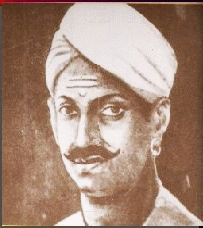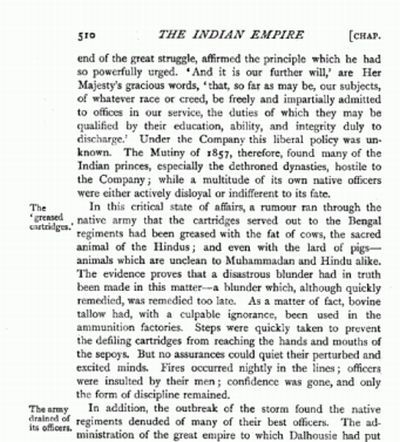FDI in Retail - Now the Prime Minister
see previous

Trying to convince...


Walmart...Waiting to grab the goodies...
Now, no less than the Prime Minister has started to extol the virtues of FDI in Retail and has indicated, with the zeal of a crusader, that he would focus his attention on persuading all concerned over the next few months, about the benefit of FDI in Retail. This time round, the benefit to be touted would be generation of employment.
It is hard to fathom the anxiousness of the Government in placing this item on the top of its Agenda, when it has failed miserably in attracting FDI in other prime areas such as Manufacturing, Infrastructure etc., losing out to China. It is almost as if it is guided and goaded by an unseen hand to push this item with all haste.
In doing so, it is putting the cart before the horse. Every delay in gearing up our basic infrastructure and manufacturing to meet the growing demand is going to cost the country dearly. Of what use would the FDI in Retail be if the country does not possess the infrastructure and the manufacturing capacities? Would the cause of employment generation be served better by FDI in Retail or by strengthening the manufacturing and infrastructure base?
Enough has been said to counter the specious arguments advanced by the proponents of FDI in Retail within the Government and various advisors and consultants.
The Government now clearly needs to explain to the People of India its logic and answer, devoid of jargon, the following specific, direct and pertinent questions:
1.Whether the Government realises the urgency of accelerating the flow of FDI in areas such as Manufacturing, Infrastructure etc.?
2. What efforts have been made to attract higher FDI in these areas?
3. What are the reasons for failure to attract adequate FDI in these areas?
4. What is the reason for pushing for FDI in Retail in priority and such urgency over FDI in other key areas?
5. What are the precise benefits of FDI in Retail and whether any quantification of such benefits can be made?
6. If generation of employment is a main benefit, is it possible to indicate how exactly, in which sectors, in what manner, in what quantum and most importantly, over what period would the benefit accrue?
7. If the employment generation is only within the retail sector, how much employment would be potentially lost within unorganised retail, because of FDI in Retail?
8. Would the supposed benefits of employment generation be over and above the employment that would be generated by the normal anticipated growth of the economy?
9. Which existing rules and laws would need to be changed to facilitate Foreign Entities in Retail?
10. Whether such professed benefits could be realised only if FDI in Retail is allowed and not otherwise, e.g. by domestic entrepreneurs being encouraged and facilitated in the same way as Foreign entities would have to be facilitated?
11. What would be the turnover-employee ratio in foreign retail entities vis-a-vis the domestic retailers?
12. How exactly would the Indian retailers, whether unorganized or organized, be protected?
It is hoped that parliamentarians, sensible allies and others would prevail upon the Government to fully focus at present on more urgent priority sectors for securing FDI rather than continuing to spend its efforts on a matter which can very well wait for a few years. Focus on concrete actions in the right direction will result in worthwhile benefits rather than dissipation of efforts in all directions.
Ideally, this subject should be left for the next elected Government which should seek a specific mandate in their election manifesto, not in a CMP.
next post














